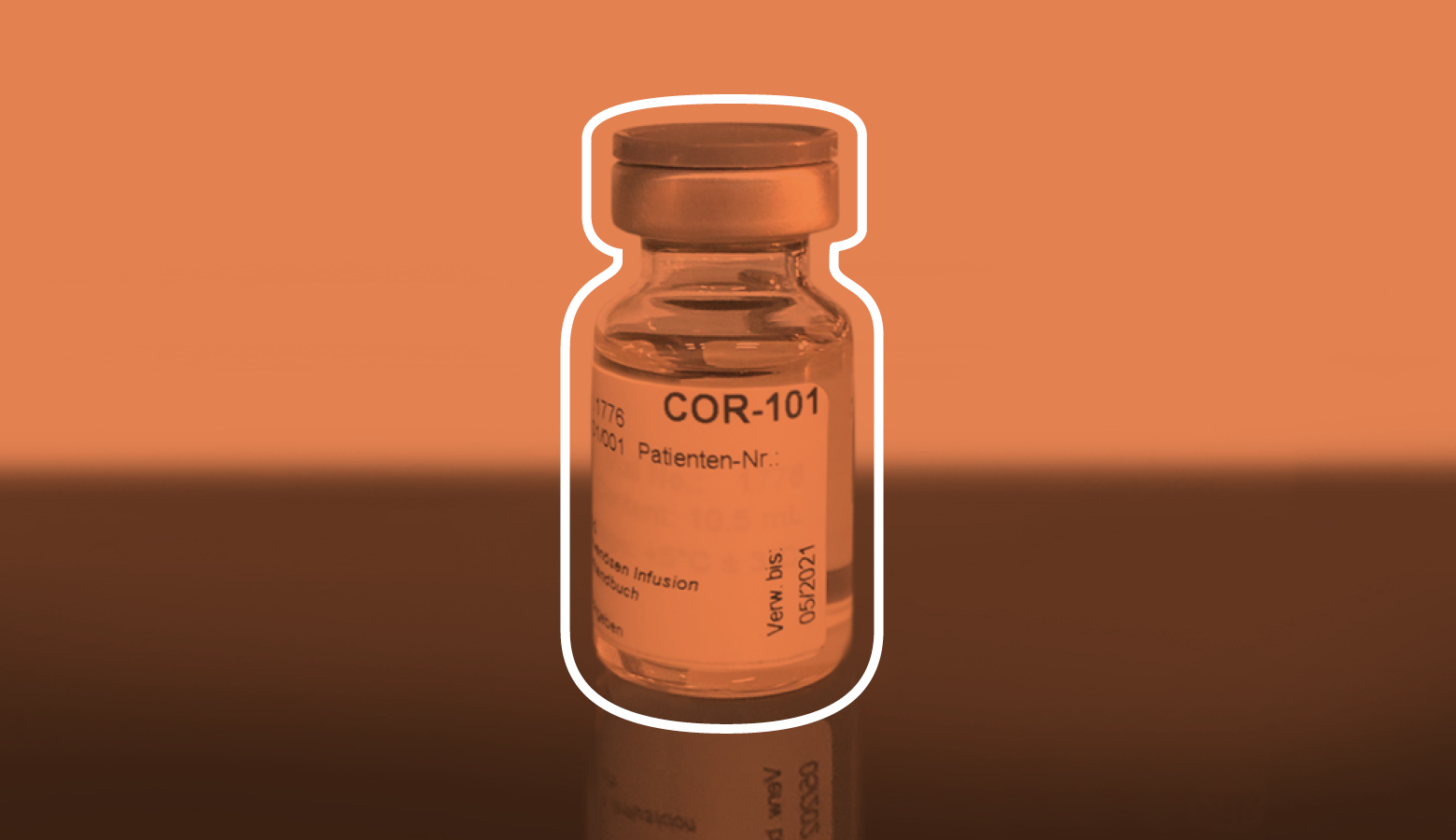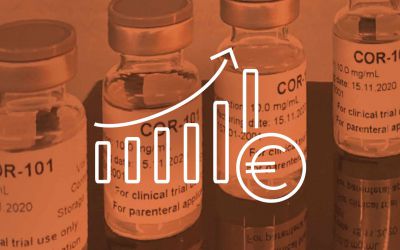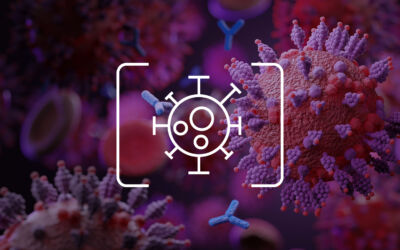Because SARS-CoV-2 is a novel virus, many people have not yet developed antibodies against the pathogen. Vaccines can protect healthy people, but they cannot cure people affected by COVID-19. Furthermore, not everyone responds to the vaccine. Passive immunisation by administering antibodies can help here for both, curing those people affected and prevent infection and/or onset of the disease for healthy people that come into contact with the virus. We therefore developed such a drug against the SARS-CoV-2 virus based on a human antibody, which was produced using biotechnological methods, i.e. in the test tubs. The structure of this antibody and its mode of action in neutralizing Coronavirus infection have now been published (https://papers.ssrn.com/sol3/papers.cfm?abstract_id=3754550).

Our antibody COR-101 is a fully human antibody of the same type that our body normally generates after infection or vaccination but produced by biotechnological methods. Together with Joop van den Heuvel and Thomas Kluenemann from the Helmholtz Centre for Infection Research, the atomic structure of the interaction between the antibody COR-101 and the SARS-CoV-2 spike protein has now been elucidated. The results show that COR-101 blocks exactly that binding site on the surface of the virus which the virus needs for docking to human cells. Moreover, COR-101 covers an extraordinarily large area and with very high binding strength. As a result, the virus can no longer attack and penetrate the cells and multiply.
“We know that a vaccine does not work in every person, and this is especially observed in older people. There are patients with other diseases that cannot be vaccinated as well. Unfortunately, these are precisely the two groups of people, who usually have a higher risk of developing COVID-19. At this point, our antibody COR-101 comes in. Since COR-101 permanently occupies the essential contact point between the virus and our body, the virus can no longer use its “spike” proteins to infect us. Therefore, we expect COR-101 to be able to help all those, who already have COVID-19 but whose immune system was unable to initiate the necessary immune response in time. We will also examine whether COR-101 can protect both medical staff and risk groups from infection.”
Dr. Andreas Herrmann, Managing Director of CORAT Therapeutics
Unlike the typical vaccines currently under investigation, antibody drugs do not require sophisticated freezing logistics, they are very stable and robust molecules. A century ago, doctors carried vials of antibodies in their pockets for weeks without refrigeration, so that they were always ready for use against tetanus or diphtheria, for example. COR-101 is therefore expected to have much simpler and cheaper logistics for the distribution than RNA vaccines.
Read the press release with the full story: english – german
See details of the the molecular structure of the interaction of COR-101 with the coronavirus spike protein here




